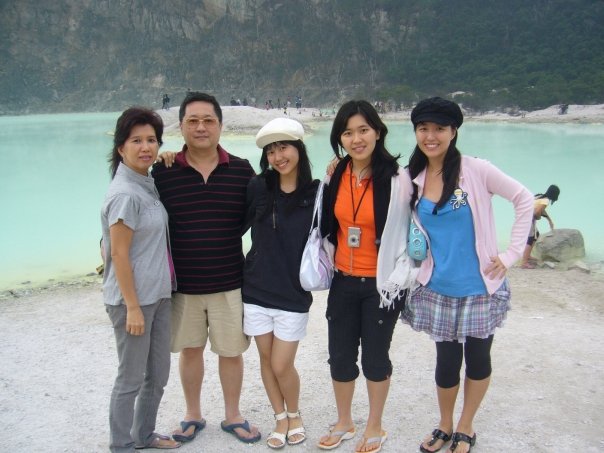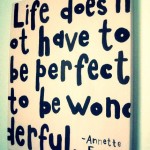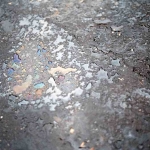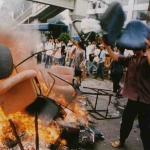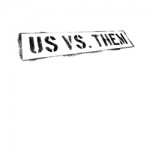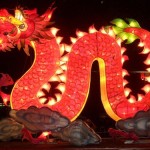I was 14 when I realise that you and I, we and they, are different. We were having another gossip session at class when suddenly one of my friends said, “Do you remember our friend X in Primary School? I think he’s Indonesian.”
And of course, we are all Indonesians. But that day, I realised, she doesn’t mean ‘Indonesian’ in a nationality sense. She rather means that somehow, we are of different races.
I am Indonesian, but to be exact, I am a Chinese Indonesian. My grandparents’ parents boarded the ship from China three generations ago and settled down here. No one knows how they actually had the courage, the will, or even the thought of uprooting their family tree and move to a strange land with a strange language. But here I am, three generations later, roaming on Jakartan soil, believing this is my hometown – on which we all share with millions other wandering foreigners.
Indonesia is, well, my home.
I grew up in a secluded, protective environment. All my neighbours are Chinese Indonesians, and the children I went swimming, biking, rollerblading, and playing with are all Chinese. I went to schools where 95 per cent of them are Chinese. Sure, we have different skin colours and stuff, but what could possibly an eight-year-old know about? We cracked jokes, played cards, laughed together, and those things – however simple – were enough.
And we do have teachers who are Indonesians, but we are never bothered of that. We respect each teacher equally, not caring about their background stories nor their socioeconomic background.
When I finally entered university, I started to see the striking difference. It was, somehow, too great.
There, I learn about politics, racism, stereotypes, social economy. We know deep down what it means to be of different race. We have our own prejudices – thoughts of our own that have been shaped and moulded since our young minds start to venture the world.
Back in 1998, Indonesia experienced one of the greatest monetary crisis in the history. Big riots happened. I still remember when my grandparents told me stories of the weeping fathers whose daughters got raped. I remember my friends fleeing the town to find refuge in Singapore, Australia, and the States. I remember seeing the burnt church buildings and wrecked offices. I remember reading of people dying.
But I was only six when that happened, I would never develop any kind of hatred. But the older generations, unfortunately, did.
After that incident, Chinese Indonesian children are educated differently. Parents tell us to avoid stuffs rather than taking the risk of having to treat the wounds afterwards. Maybe that’s why I grew up in cocoons.
It’s like, they may eventually forgive, but they can never forget what’s happened.
And so it seems, most of my friends are Chinese. Or if I may say, 90% of them are.
The pattern continues. Until one day, I entered the workforce.
On my first day, I called an Indonesian senior cici, which is a female calling for someone who is older than you. Truth is, I never know that this is a calling reserved for the Chinese. She smiled, and asked me to call her kak, which is an Indonesian calling for someone who is older. Of course, she didn’t really get offended or anything, but I’m surprised on how ignorant I am. On how secluded my knowledge is.
So I begin to get to know them.
I have always been this princess cocooned in a very protected area.
Then I hang out and go on trips with my colleagues. And I realise, we are not that different.
We may be Chinese, native Indonesians, Sundanese, Balinese or else. Yet we are Indonesians, who are unique due to our own cultures and upbringings as we grew up in different societies and environments. We are people, who still share our basic needs with each other, striving to realise dreams of our own, armed with experiences and values of our own that make us express emotions and behave differently.
We are all, you know, simply humans.

